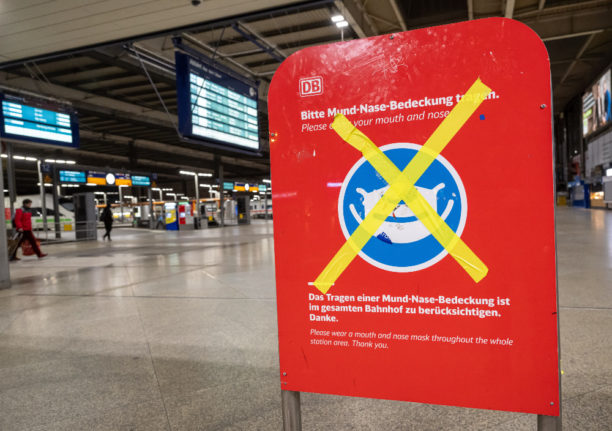Germany would change its entry requirements at “short notice”, following a recommendation by European Union experts to tighten travel rules, Health Minister Karl Lauterbach said in a statement.
Member states agreed Wednesday to recommend a “precautionary approach” amid fears that unmonitored arrivals from China could introduce a new variant or subvariant of the coronavirus in Europe capable of evading existing vaccines.
Lauterbach welcomed the EU’s “common answer” to the rising number of cases in China.
READ ALSO: German doctors call for Covid restrictions on China arrivals
Passengers arriving from China will be required to present “at least a rapid antigen test” to enter Germany, Lauterbach said, without giving a
specific date.
Germany would also carry out “spot checks to identify virus variants” and “waste water tests” for journeys from China, he said.
Within the European Union, Italy and Spain had already imposed Covid test requirements for arrivals from China.
From Thursday, France has also required passengers travelling from China to present a negative test result.



 Please whitelist us to continue reading.
Please whitelist us to continue reading.
Member comments